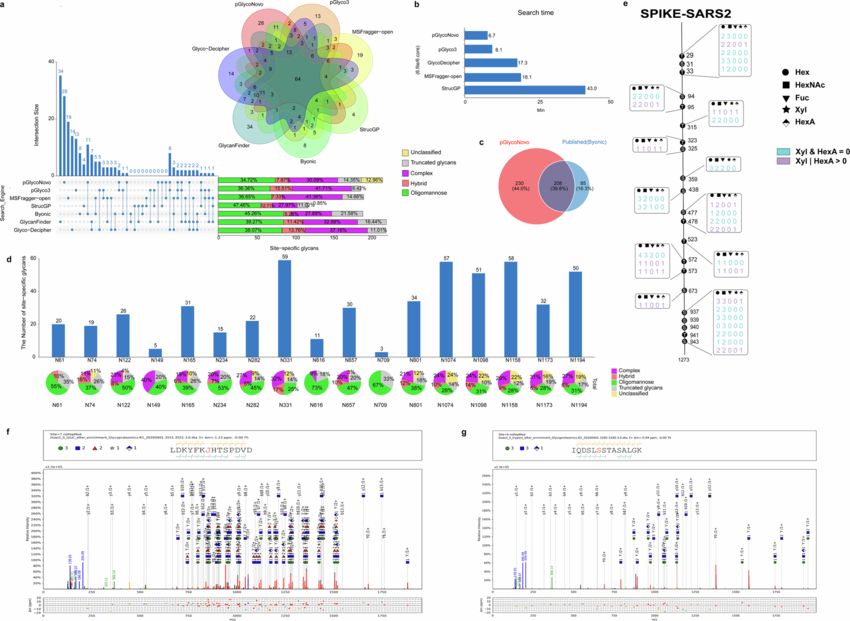Glycoproteomics Data Analysis Service
MtoZ Biolabs provides Glycoproteomics Data Analysis Service focused on transforming complex mass spectrometry datasets into clear, high-confidence results. Our service includes systematic data quality control, identification of glycosylation sites, structural annotation of glycans, quantitative profiling of glycopeptides, and occupancy analysis. Using advanced bioinformatics pipelines and established tools such as Byonic, pGlyco, and MSFragger-Glyco, we ensure accurate interpretation of both N- and O-linked glycopeptides. All analyses are performed under standardized workflows to deliver reproducible and publication-ready results that support glycoproteomics research and therapeutic protein characterization.
Overview
The rapid development of high-resolution LC-MS/MS has enabled the detection of intact glycopeptides and the generation of large, information-rich datasets. However, the structural complexity of glycans and the non-template-driven nature of glycosylation make spectral interpretation particularly challenging. Fragmentation patterns of glycopeptides are often difficult to resolve without specialized computational support, and traditional proteomics pipelines are insufficient for reliable glycoproteomic analysis.
Glycoproteomics data analysis therefore relies on advanced bioinformatics strategies that integrate glycan databases, optimized algorithms, and statistical validation. By applying tools such as Byonic, pGlyco, MSFragger-Glyco, and O-Pair Search, researchers can accurately identify glycosylation sites, annotate glycan structures, and quantify occupancy. These capabilities are essential for translating raw MS data into biologically meaningful insights, supporting applications ranging from biomarker discovery to regulatory-compliant therapeutic protein characterization.

Zeng WF. et al. Nat Commun. 2024.
Figure 1. Analysis of public SARS-CoV-2 Spike glycoproteome data.
Services at MtoZ Biolabs
-
Data quality control and validation.
-
Identification of glycosylation sites and glycan structures.
-
Quantitative analysis of glycoproteins and glycoform distribution.
-
Functional annotation with GO, KEGG, and pathway mapping.
-
Protein domain and glycopeptide motif analysis.
-
Subcellular localization and interaction network construction.
-
Customized bioinformatics tailored to client objectives.
Service Advantages
1. Robust Bioinformatics Pipelines
Advanced algorithms and curated glycan databases minimize false positives, enhance sensitivity, and provide reproducible results across datasets.
2. Customizable Data Analysis
Flexible workflows tailored to specific research objectives, from high-throughput discovery to focused therapeutic protein evaluation.
3. Publication and Regulatory Readiness
Standardized analytical outputs generate high-quality data suitable for scientific publications and biopharmaceutical regulatory submissions.
Applications
Glycoproteomics Data Analysis Service has widespread applications in both basic research and pharmaceuticals. Its value lies primarily in transforming complex mass spectrometry data into interpretable biological and clinical information.
1. Disease Mechanism Insights
Systematically analyzing changes in glycosylation sites and glycan structures reveals the molecular mechanisms underlying pathological conditions such as cancer, neurodegenerative diseases, and immune disorders.
2. Biomarker Discovery
Utilizing quantitative glycopeptide data analysis, we identify disease-associated glycosylation patterns, supporting early diagnosis and personalized medicine research.
3. Therapeutic Protein Quality Control
In-depth analysis of the glycosylation profiles of monoclonal antibodies, fusion proteins, and recombinant protein therapeutics ensures compliance with regulatory standards for consistency, stability, and safety.
4. Vaccine and Virus Research
Analyzing the glycan composition and modification sites of viral surface glycoproteins to assess their role in immune responses and vaccine design.
FAQ
Q1: What types of data can be analyzed in this service?
A1: We accept raw mass spectrometry files from LC-MS/MS platforms, including Orbitrap, Q-TOF, and other high-resolution instruments. Data in formats such as .raw, .mzML, and .mgf are supported.
Q2: Do you provide support for data interpretation and downstream biological insights?
A2: Yes. In addition to raw and processed data, we offer functional annotation, pathway mapping, motif analysis, and interaction network analysis to connect glycoproteomics findings with biological and clinical significance.








